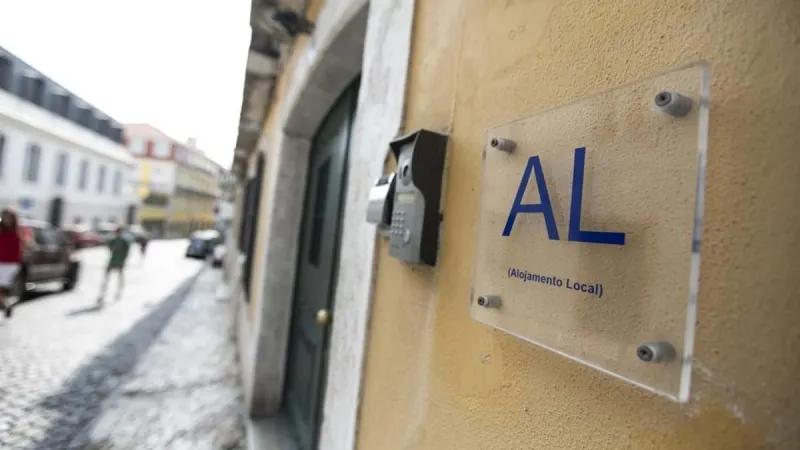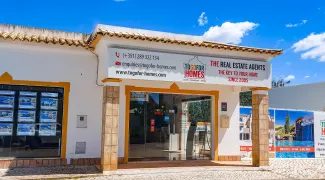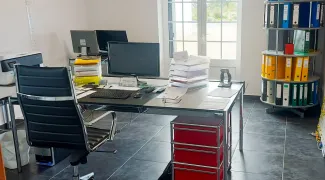In October 2023, under the then socialist government, the legislative package ‘Mais Habitação’ came into effect and brought significant changes for local accommodation businesses. This caused considerable uncertainty and political disputes. Meanwhile, the centre-right government of the Democratic Alliance has amended the legal situation again – with noticeable positive effects for landlords. In the second part of the series, lawyer and attorney Dr. Alexander Rathenau continues the Q&A around local accommodation and explains the new regulations that will be in effect from the end of 2024
4. What general requirements must a local accommodation business meet?
Local accommodation businesses must meet certain requirements to be allowed to operate. These include good maintenance, connection to water and sewage systems, as well as running hot and cold water. The living units must have sufficient ventilation, suitable furniture, and doors that ensure privacy. Additionally, operators are required to offer a multilingual information book. This should contain the rules for operation, such as waste separation, noise protection, and use of devices, as well as the contact details of the responsible person. If the businesses are located in multi-family dwellings, relevant house rules for the communal areas must also be listed, and the operator must inform the property manager of their contact details. Local accommodation businesses must also comply with fire safety regulations as per legal requirements. Smaller businesses with a maximum of 10 guests are subject to simplified rules: they must provide an accessible fire extinguisher, a fire blanket, a first aid kit, and a clearly visible emergency number (112). The costs for necessary modifications or adjustments in communal areas to obtain the operating permit are borne by the operator themselves.
The law sets additional specific requirements for the category ‘guest house’ and the subcategory ‘hostels’, particularly regarding the minimum size of sleeping areas.
Finally, it should be noted that local accommodation businesses must keep a complaint book. Complaints are to be forwarded to ASAE (Food and Economic Safety Authority).
Local accommodation businesses are encouraged (but not required) to implement the following environmentally friendly measures: a) use water efficiently, b) use energy efficiently unless already legally required, c) provide guests with information on sustainable tourism, d) use exclusively biodegradable cleaning agents, e) provide devices for waste separation, f) continuously train staff in good environmental practices and work standards, g) possess a recognized environmental certificate or quality seal. These measures promote a sustainable orientation of the businesses.
5. What must be submitted with an application for local accommodation approval?
The application must be submitted electronically. For the approval of a local accommodation business, certain information and documents must be attached to the application:
Information:
- Building usage certificate;
- Details of the operator's identity, including name and tax number, address of the operator, as well as name and address of the business;
- Capacity of the business (rooms, beds, and number of guests);
- Planned opening date;
- Contact person for emergencies (including name, address, and phone number).
Documents:
- Copy of the operator's ID or commercial register access number;
- Liability declaration from the operator stating that the property is suitable for local accommodation and meets all legal requirements;
- Tax extract of the property (if the operator is the owner);
- If applicable, lease or equivalent document that provides permission for the local accommodation operation, should the applicant not be the owner;
- Business registration for activities in the field of local accommodation;
- Approval of the owners' meeting for hostels that are to be operated in buildings with shared ownership;
- Type of category of the local accommodation business.
The operator is obliged to keep all reported data up to date and to report changes online within ten days. The termination of operations must also be reported online within ten days, as well as to the booking platforms. False statements are punishable by law.
Importantly, with the receipt of the application and the assignment of the registration number by the authority, rental can begin immediately. However, the municipality can revoke the approval within 60 days (or within 90 days in so-called restriction zones) if it finds that the application was inadequately submitted or if any other legal violation exists. Since 1 November 2024, the law allows the applicant to request a one-time inspection by the competent municipality to review the rejection decision of the mayor. The costs for this inspection are to be borne by the applicant.
6. Does the municipality conduct an inspection of the premises after the application is submitted?
Yes, such an inspection is legally required. However, some municipalities cannot always meet these requirements in a timely manner. The competent municipality must conduct an inspection of the local accommodation business within 60 days (or within 90 days in so-called restriction zones) after application receipt to verify compliance with all legal requirements. Additionally, the municipality can carry out further checks at any time.
7. Must operators of local accommodation businesses take out insurance?
Yes. This insurance requirement is related to liability risk. The operator of a local accommodation business is jointly responsible with the guests for damages they cause to the building. They must take out liability insurance that covers material and immaterial damages to guests and third parties caused by the operation. The insurance sum must be at least €75,000 per incident. For local accommodation businesses in buildings with condominiums, additional insurance coverage for direct fire damage is required. If any of the required insurances are missing, the business registration can be revoked. The municipality can request proof of insurance coverage at any time, which must be presented within three days. Regardless of any fault, the operator of a local accommodation business is also liable for damages caused to guests or third parties due to the provision of accommodation. The operator must attach a signed liability declaration to the business approval application, which guarantees the suitability of the building or the respective unit for providing accommodations as well as compliance with applicable legal requirements. Operators should especially ensure that defective electrical connections do not pose any dangers.
To be continued
© Dr. Alexander Rathenau
Source: http://www.anwalt-portugal.de



